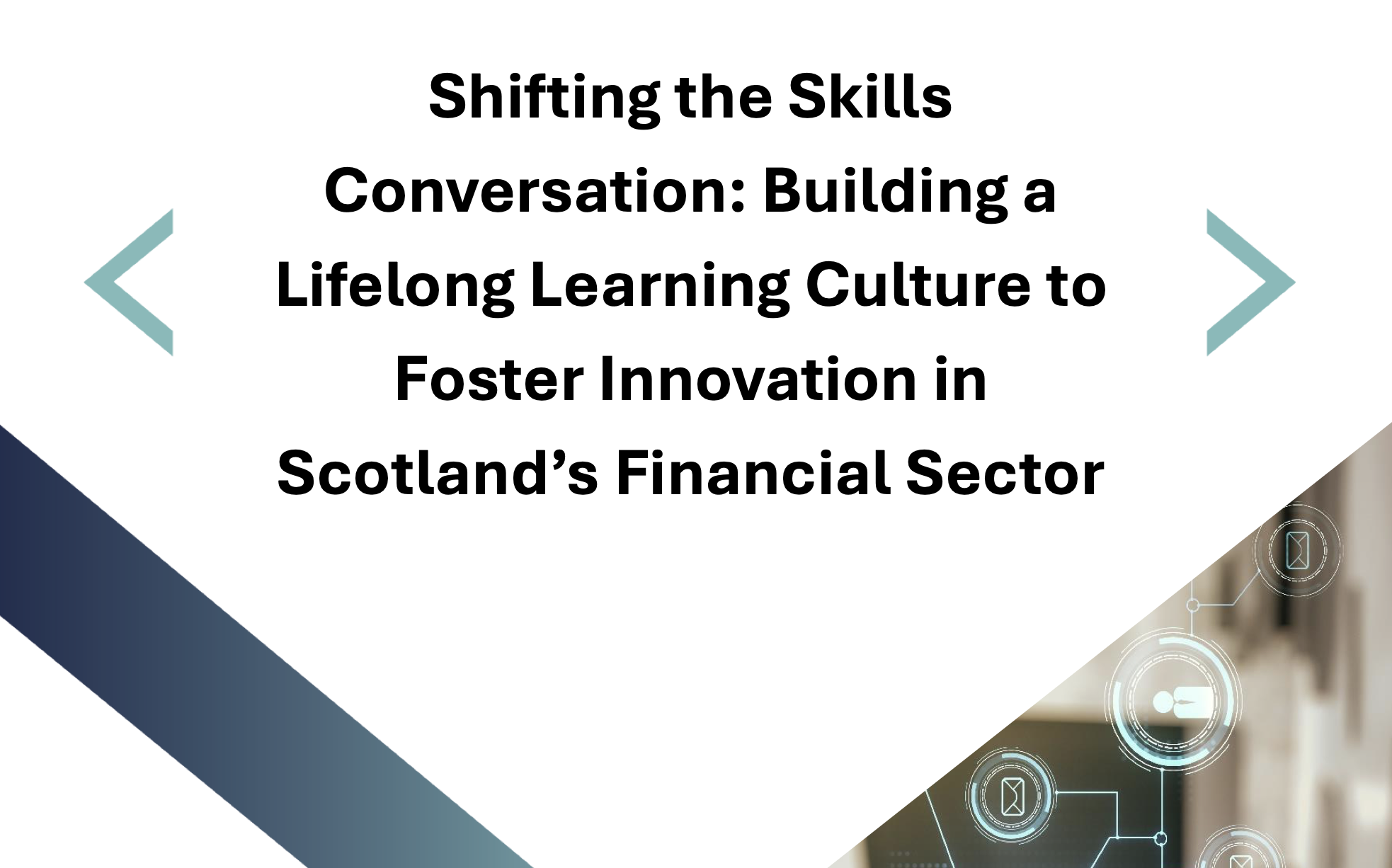Finding your Finance Seat at the Fintech Table

Fintech is a rapidly growing area that has captured imaginations in recent years; from entrepreneurs and CEOs to office workers catching up over a coffee. However, the integral role of the accounting professional within a fintech has perhaps slipped beneath the radar for many. It is worth lifting the lid on this innovative industry and looking at the highs and lows of working in finance for a fintech SME.
Taking stock of the fintech landscape
Financial technology is at the heart of a fintech business and as technology evolves it has the potential to change the way we carry out transactions and work. The industry, in line with the rate which new technology is advancing, is fast paced and always looking for new ways to challenge convention. The big trends in fintech to be aware of this year include diversifying cryptocurrencies such as Bitcoin, the increasing use of blockchain, improving the reach of contactless payment technology, greater competition between SMEs and large firms and increasing regulation.
Where do I fit in as a finance professional?
Most fintech organisations are progressive SMEs, where the function of the finance team evolves as the organisation grows. At an early growth stage, the finance team will often be outsourced. As the SME grows in terms of transaction volume and product and service offering, in the interests of cost and efficiency, the finance function tends to be brought in-house.
According to Andrew Robinson, iMultiply Senior Consultant this is a key time to join the business:
“Once a fintech, as with any SME, hits a critical point in the growth curve they will be looking to bring an agile finance team on board. The ability to roll up your sleeves and embrace variety and challenge are crucial. One minute you might be transaction focussed and the next you might be producing the management accounts and working with the CEO on finance strategy and company projections.”
What skills do I need to work for a fintech?
A recent PwC report revealed that 61% of CEOs believe that innovation is a priority, while 75% of executives are concerned with not having enough ideas. Bearing in mind this emphasis on innovation, you need to bring the right mind-set to this exciting sector. Although SMEs look for a variety of skills, we have set out the top three attributes which are a priority for fintech and SME employers:
Analytical Mind: You need to be able to solve problems, but also demonstrate logical thinking, strong numeracy skills and the ability to analyse data and information. If you can demonstrate strong analytical ability, you will be in high demand.
Dynamism and Adaptability: A lot of the firms working in this sector operate very much within a growth environment and will be looking for accounting professionals who have the ability to work across departments and position functions. Being able to bring new ways of working and showing an entrepreneurial spirit is key for being successful.
“You will need to be the right cultural fit. Working for an SME or fintech is like riding a rollercoaster ”“ you need to embrace change and enjoy the peaks and troughs. Adapting to evolving business needs and bringing a powerful blend of technical expertise, commercial nous and the ability to connect to different functions will enable you to rise quickly in the business”, confirms Kirsty Mackenzie, iMultiply CEO.
Resilience: This sector is unpredictable and things may not always go to plan, so developing resilience skills and the ability to bounce-back is highly prized.
The future of fintech is right there in the name. The industry has a heavy focus on finance and technology, and the remit of finance and technology is constantly changing. The only thing that we can know with any certainty is that the fintech market is set for further disruption and that the rewards for those who get the mixture of innovation and practicality just right will be enormous.
One thing’s for sure – it’s an exciting time to be a part of the industry, and it’ll be interesting to see how it continues to develop. As an accounting professional, if you spot the right opportunity with one of these SMEs, perhaps you’ll be the one to usher in the change.



